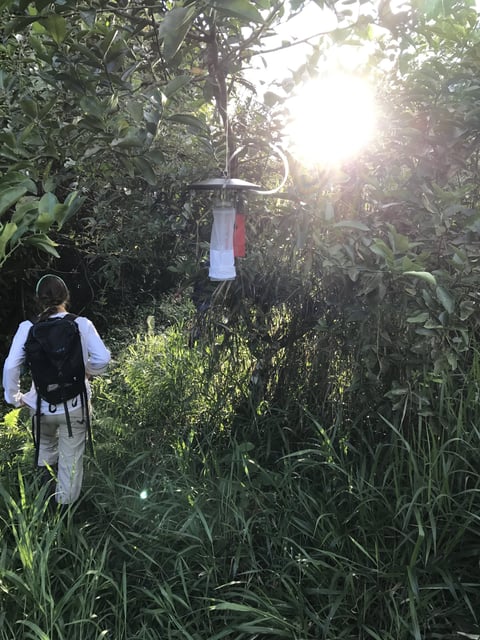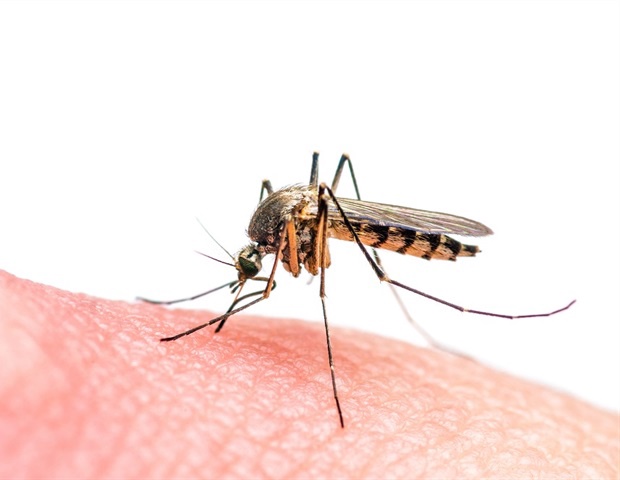Overview
- The Stanford-led research in southern Costa Rica combined field sampling and satellite imagery to map mosquito communities across forested, agricultural and residential landscapes.
- Areas with richer tree cover exhibited significantly lower densities of the invasive Aedes albopictus mosquitoes that transmit dengue fever.
- Forested patches hosted diverse native mosquito species that outcompete invasive vectors by occupying breeding and feeding niches.
- Residential zones showed low species diversity paired with high invasive mosquito abundance, while agricultural lands produced mixed outcomes linked to crop types and land management.
- Authors urge that habitat preservation and reforestation complement larger forest reserves and that further studies investigate how other disease vectors respond to tree cover

